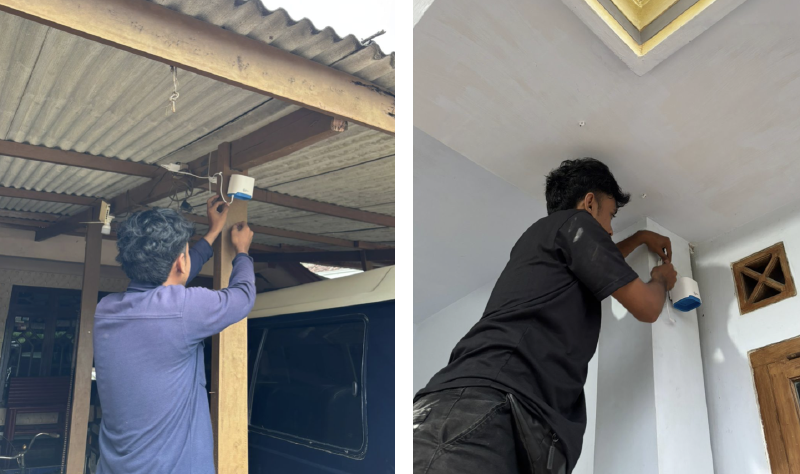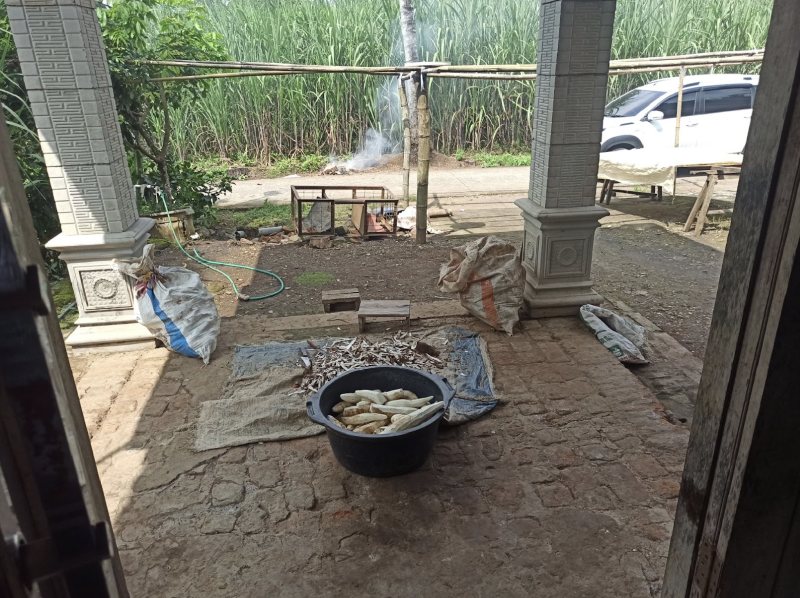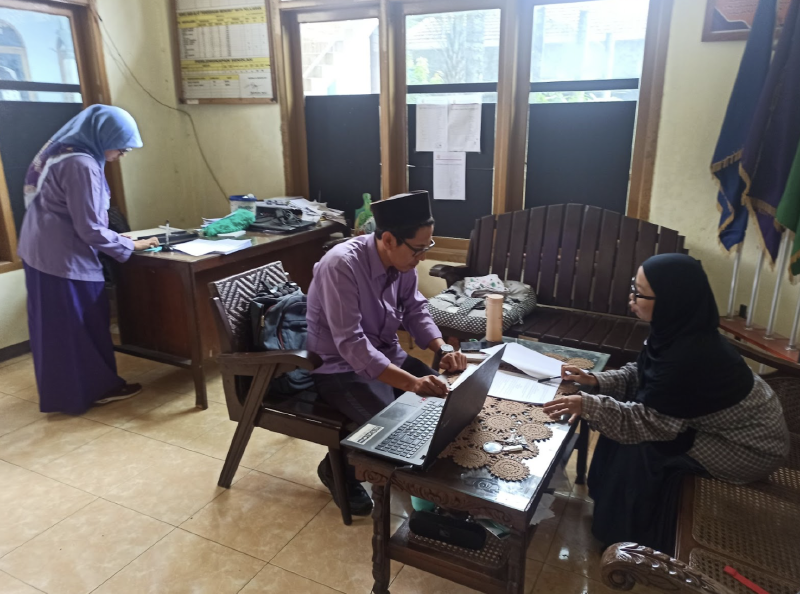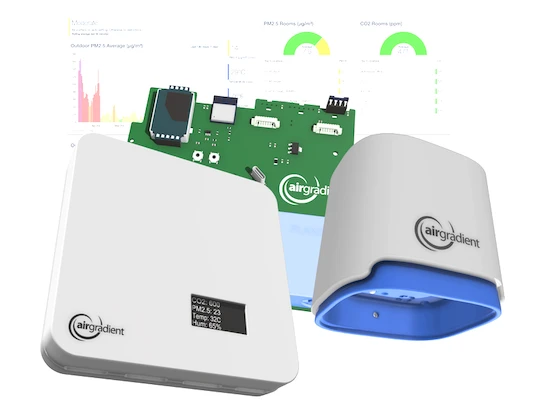AirGradient Open Source Air Quality Monitors
We design professional, accurate and long-lasting air quality monitors that are open-source and open-hardware so that you have full control on how you want to use the monitor.
Learn MoreWhen we think about air pollution, the image that often comes to mind is a busy city: traffic jams, factory smoke, or skyscrapers veiled in haze. But rural communities face their own challenges too. That’s why the clean air initiative in Sumberejo, East Java, is so important. I spoke with Alpha Benedict, Head of Operations at Nafas, about how this pilot project is helping reimagine clean air initiatives in Indonesia.
Sumberejo may look far removed from city smog, but hidden pollution hotspots affect daily life here. Farming, waste burning, and cooking with solid fuels significantly shape local air quality. This makes the village a clear case study of how rural practices impact both the air and public health.
The project was initiated by Brawijaya University, which designed the research and coordinated with the community. Nafas served as the implementing partner, ensuring smooth operations in the field, while AirGradient provided the monitoring technology. Together, they created a model where scientific rigor, reliable technology, and community trust come together.
From the very beginning, community leaders, including the village head and sub-village representatives, were at the heart of this project. More than just approving the installations, they guided site selection, coordinated logistics, explained the project to residents, and made sure everyone understood its importance.

That early trust paid off, as a standout moment of the project was completing the installations ahead of schedule, just before sunset, with full community support. It reflected a shared commitment from researchers, partners, and residents to make the project a success.
The monitors quickly revealed eye-opening results. Initial readings showed clear spikes in air pollution from everyday practices like waste burning and traditional cooking, now visible in hard numbers.

While there wasn’t direct feedback from residents, the data collection process itself proved highly valuable. Through the research team’s observations, the project helped uncover behavioral and environmental patterns within the village, especially household activities that most affected local air quality.

For the community, this was more than just data on a screen, but rather, was proof that daily choices have a measurable impact on the air they breathe. Seeing these spikes quantified sparked new conversations about healthier habits and gave local leaders an evidence base for change.
From an operational perspective, one defining moment was seeing how seamlessly the technical implementation supported the academic objectives. The integration of field data allowed the researchers to visualize real-time environmental conditions and interpret the community’s daily activities through data-driven insights. It was clear that the project added real value to their work.
Beyond being a rural pilot, Sumberejo is a blueprint for how citizen science can empower communities across Indonesia and beyond, in a way that’s scalable, cost-efficient, and rooted in collaboration. Clean air isn’t just an urban fight; it stretches across rice fields, schoolyards, and kitchens.
As this project proves, when scientists, technology, and communities work together, even the smallest village can set change in motion. If Sumberejo can lead the way, imagine the power of a hundred other villages doing the same. Rural communities, which are often overlooked in the clean air conversation, could become the frontlines of a movement that connects science, technology, and daily life to protect health for generations to come.

We design professional, accurate and long-lasting air quality monitors that are open-source and open-hardware so that you have full control on how you want to use the monitor.
Learn MoreCurious about upcoming webinars, company updates, and the latest air quality trends? Sign up for our weekly newsletter and get the inside scoop delivered straight to your inbox.
Join our Newsletter